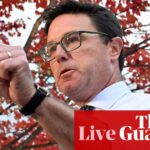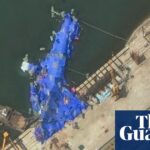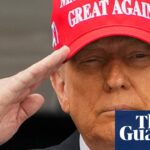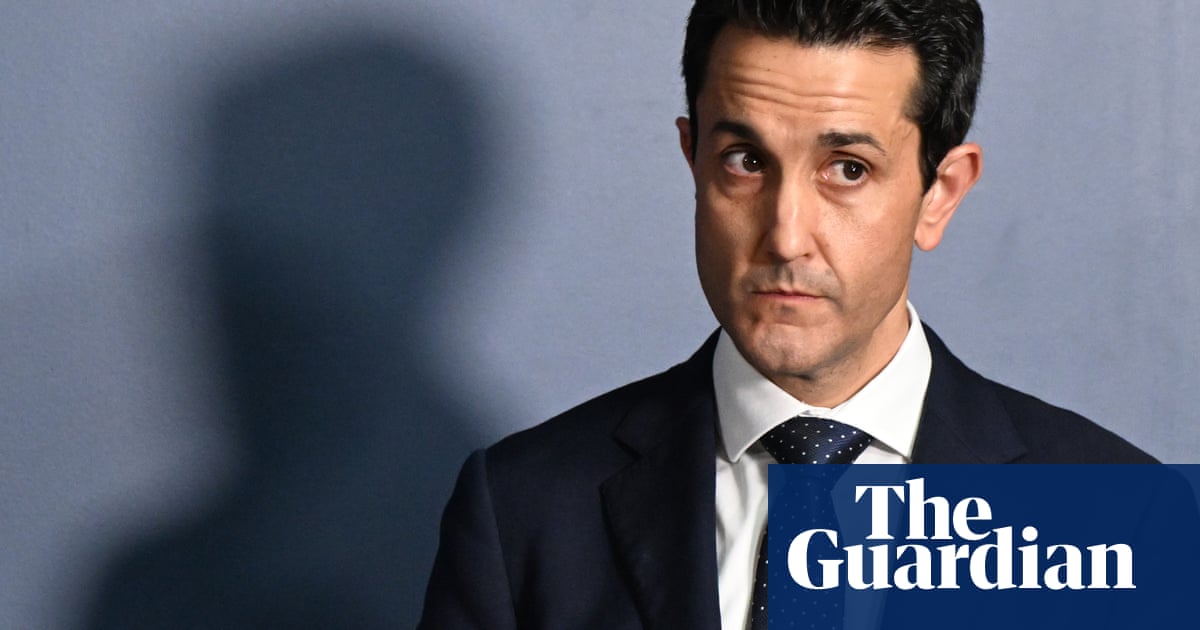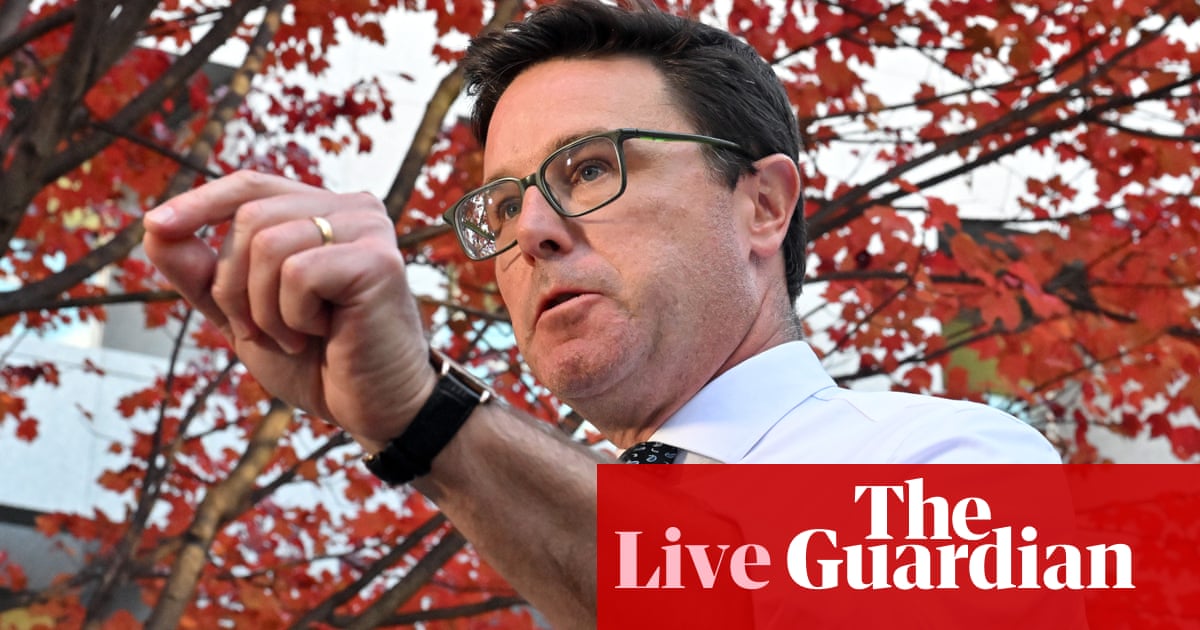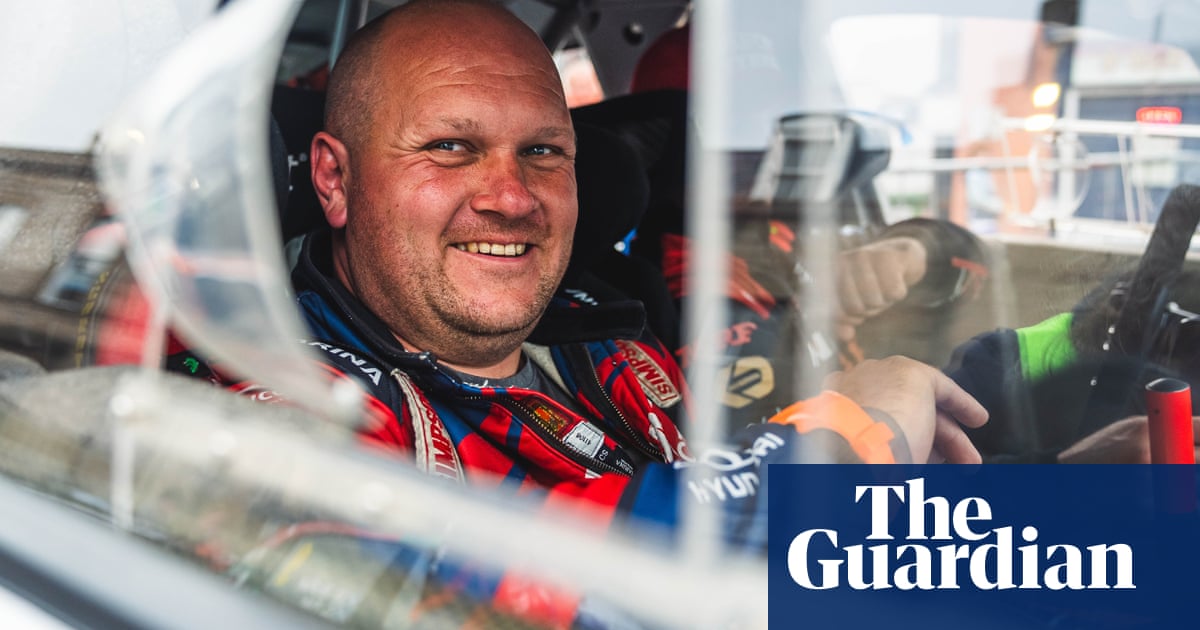Only four years ago, some Queensland Liberal National party figures were contemplating the breakup of a political party that couldn’t work out what it stood for.
“What is our raison d’etre?” the former party president, Cynthia Hardy, asked senior members in an email. Back then the LNP had lost 11 of 12 state elections. One senior party figure said at the time: “One more loss and the party will surely have to break up. There would be no other option.”
Of course, the LNP won the October Queensland election convincingly. And political parties don’t tend to be as self-critical after a success.
On news of the federal Coalition’s marital difficulties, Lawrence Springborg, who has been a unifying figure as the new LNP president, gave a ringing endorsement of the merged entity that brings Liberals and Nationals under the one umbrella.
“The Queensland LNP … has recently won the Brisbane city council election, state election and was the only state or territory to secure the majority of seats and the majority of votes in the recent federal election,” Springborg said.
David Crisafulli’s government has been in power for seven months, after running a small target election campaign designed to neutralise almost every potentially divisive issue – especially those that might divide the LNP’s membership.
Already there are signs that has created problems for how the LNP governs in Queensland. On one hand, the party came to power with a mandate to seemingly do so little, it has already recycled its first priority – the “adult time” youth crime laws that breach fundamental human rights – and come back for a second round this week.
It also appears to have shown an inability to put aside the sorts of culture wars issues that are increasingly damaging moderate Liberals contesting city seats.
Analysis of the federal election has shown that conservative parties cannot expect to appeal to urban voters while also leaning into rightwing social issue talking points.
And yet the government this week waded deep into the ideological mire when the premier, David Crisafulli, and the arts minister, John-Paul Langbroek, reportedly wrote to the State Library voicing concerns about social media comments made by Indigenous author Karen Wyld.
The library then stripped Wyld of her $15,000 black&write! fellowship, less than five hours before it was to have been awarded to her, over comments about the conflict in Gaza.
Wyld told Guardian Australia she learned about the decision to rescind her award when she was called by a News Corp journalist.
This, it seems, is becoming government process in Queensland, particularly in relation to First Nations people. Crisafulli’s edict to shut down the state’s truth telling and healing inquiry was delivered at a press conference. The head of the inquiry, Joshua Creamer, and First Nations communities learned about it second hand.
The government has gone to war with renewables developments: cracking down on windfarms in a way that means some small coalmines have simpler approval processes.
It has banned critical gender-affirming care treatments, including puberty blockers, using a justification that appears remarkably thin.
This week Labor claimed the government was also cutting “respectful relationship” health education for young people in primary schools after a leaked email from a public servant said the $3m program was for the scrap heap. The government has since denied this, claiming the email public servant had gone “rogue”.
after newsletter promotion
Queenslanders have a tendency to spray their votes around, so comparing federal and state elections should always be done with caution.
But what the federal result does tell the state party is that city voters don’t want culture or climate wars.
And while the LNP administration might think a state election win is grounds for singing the praises of a merged entity, the electoral reality is that Queensland highlights, probably as much as anywhere in the country, a city-country divide that will continue to create fissures within the conservatives.
Labor’s working-class heartland in Queensland has always been in blue-collar cities along the coast – Gladstone, Rockhampton, Mackay and Townsville. Each of those places, at recent elections, has tended more conservative. Revelations about the Flynn MP, Colin Boyce, calling blackouts a “big political opportunity” might have hurt the Coalition’s city moderates, but clearly didn’t damage Boyce, who increased his margin.
At the same time, Liberals must now be viewing one-time strongholds like Brisbane and Ryan as progressive Labor-Greens contests, and seats they cannot win back in the foreseeable future.
It was only a few years ago the LNP was stuck in an identity crisis and members were beginning to talk in hushed tones about a demerger.
What is clear about the LNP’s 2024 election win is that MPs and candidates put aside those ideological differences and found a new raison d’etre – beating Labor.
But it is also increasingly clear that is not likely to hold in the long term. The structural problems appear to be still there. And the tendency towards culture wars and Campbell Newman-style hubris – characteristics that have turned voters off the conservatives in the past – is beginning to show through.
